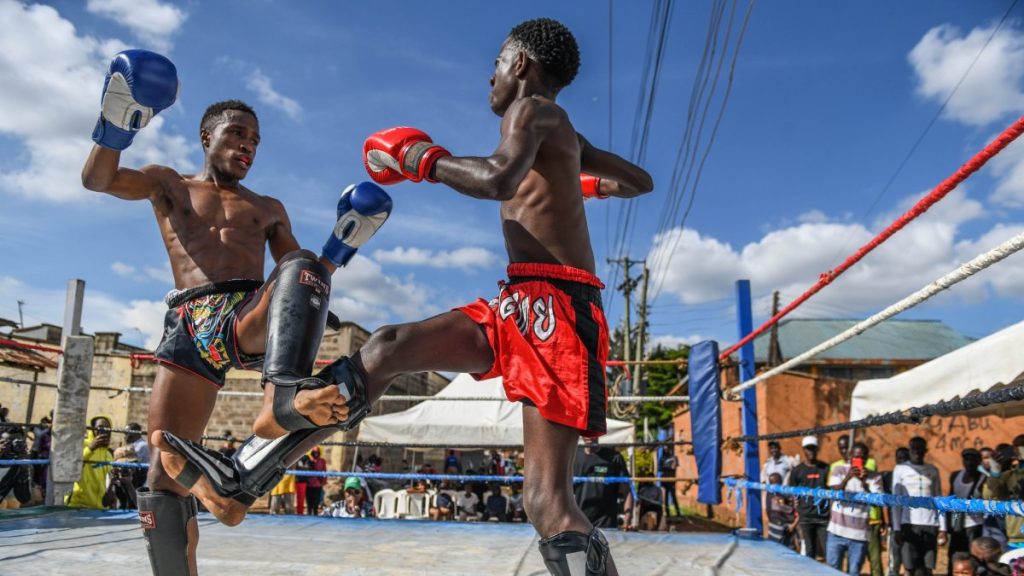In Kenya’s most affected areas, including Nairobi’s Kibera slums, where unemployment drives depression and widespread drug abuse among the youth, an extraordinary initiative is changing lives.
Through sports and unconventional rewards, hope is being restored.
Since 2018, the National Authority for the Campaign Against Alcohol and Drug Abuse (NACADA) and the Kenya Network for Dissemination of Agricultural Technologies (KENDAT), a nonprofit organization, have partnered to organize annual football and volleyball tournaments.
These events target areas like Nairobi, Mount Kenya, and the Rift Valley, regions deeply plagued by substance abuse.
“We use these tournaments to provide an escape from depression and addiction,” said Eston Murithi, KENDAT’s chief executive. “But instead of monetary prizes, we award winning teams with donkeys to empower them economically.”
The rationale is profound: donkeys offer sustainable livelihoods.
Team members use them to transport goods like rice or water, keeping them engaged and away from crime or drugs. “If we gave them money, it would only fuel their addiction,” Murithi said.
Since the program’s inception, over 10,000 young people have participated, with the initiative expanding to other parts of the country.
Beyond tournaments, KENDAT holds community workshops to educate youth on the dangers of drugs while promoting self-reliance.
Addiction to triumph
For the Ndorome Donkey Riders Football Club in Kirinyaga County, the impact has been transformative.
Under the guidance of coach Dennis Muchiri, a former professional football player, the team has clinched four titles.
“When we started, many players were still deep in addiction,” Muchiri recalled. “It was a struggle to even gather them for practice. But now, they are drug-free and thriving.”
Team captain and chairman John Waweru, once trapped in the cycle of substance abuse, emphasized the profound change: “In 2016, our generation was wasting away. Now, with this program, lives are being rebuilt. Youths are busy during the day transporting goods and practicing in the evening for weekend games. They’ve become responsible members of society.”
Fellow team member William Maina shared a similar story of redemption: “I was hooked on local drugs and marijuana. My family had given up on me, and I was a community outcast. Today, I’m a transformed person thanks to this initiative.”
The initiative’s unique approach has not only curbed addiction but also fostered a sense of community and purpose.
For many, the donkeys symbolize a second chance – offering stability in life while sports provide camaraderie and discipline.


